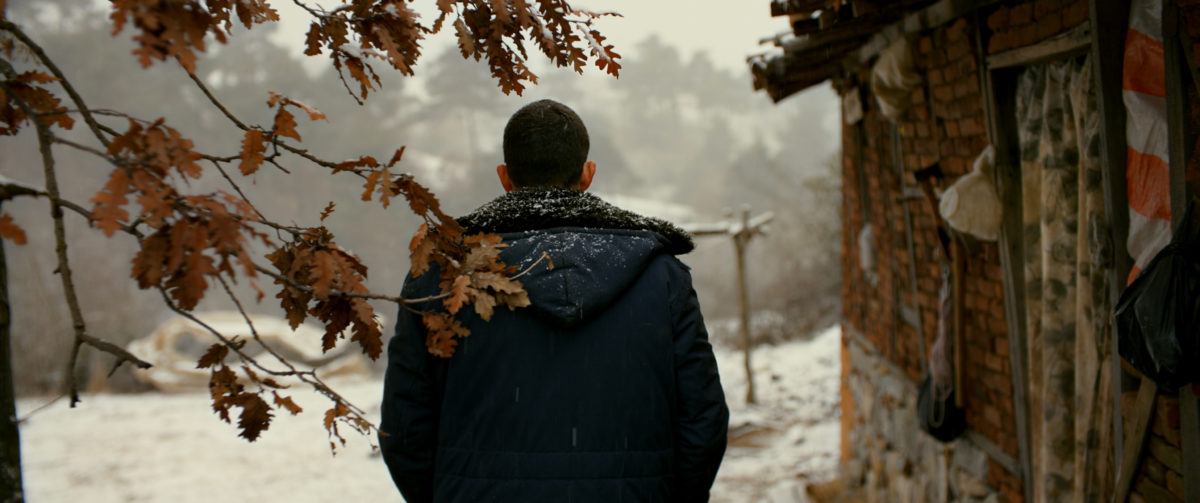Nuri Bilge Ceylan presents the boorish and unlikeable Sinan (Dogu Demirkol), an aspiring writer returned home to his Turkish village of Çan, as the sole guide of The Wild Pear Tree’s 188 minute slog through festival circuit archetypes, where men talk aimlessly through philosophical quandaries in favor of the potentially rich plot of a family reckoning with their father’s gambling addiction. Sinan himself exists as means of poking holes in the facade of contrarianism vapid artists adopt, but actual enjoyment depends on how well one can weather such unlikeability across a marathon runtime.
Considering the film’s disruptive shifts in style, from shaky cam realism to artful long take, it’s only slightly engaging on a visual level. Ceylan works best as an elemental filmmaker, conjuring striking imagery of hands caked in dirt, rain on pavement, and wind passing through hair, yet these moments transition disjointedly from the film’s lifeless caricatures-as-characters, who exist only to deliver philosophical platitudes concerning the responsibility of the author or the existence of God. If a character isn’t in some exhausting verbal competition with Sinan — or a man, for that matter — they are merely consequential, such as his mother and sister, who never leave the context of domesticity, or an old friend, who seems to exist just for a brief whiff of male oriented romance.
The Wild Pear Tree doesn’t fulfill the “literary film” tag that’s dogged it, unless its somewhat classicist premise of the prodigal son returning home is reason enough. But as a bookstore owner tells Sinan when he tries to pawn off an “old book”, “old things aren’t always valuable”.
